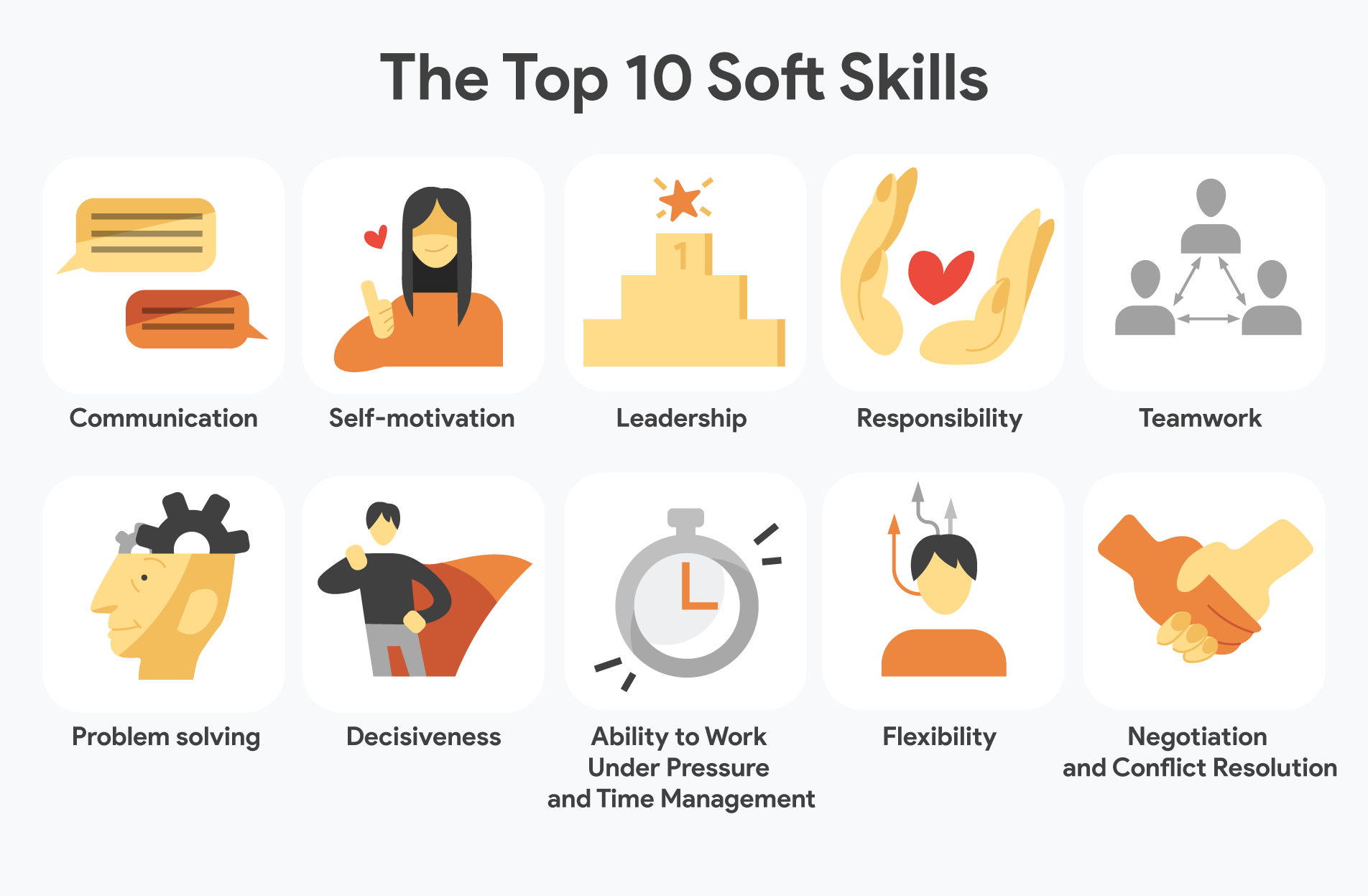The Future of Work: Emerging Trends and Job Opportunities
The landscape of work is rapidly evolving, driven by technological advancements, demographic shifts, and changing societal expectations. As we navigate through the 21st century, several key trends are shaping the future of work, alongside new job opportunities that arise from these transformations.


Automation and Artificial Intelligence (AI)
Automation and AI are revolutionizing industries across the globe, from manufacturing to services. While these technologies streamline processes and improve efficiency, they also raise concerns about job displacement. However, they create new roles focused on designing, maintaining, and overseeing automated systems.
Job Opportunities: AI specialists, robotics engineers, automation analysts, machine learning engineers.
Remote and Flexible Work
The COVID-19 pandemic accelerated the adoption of remote work practices, proving that many jobs can be effectively performed outside traditional office settings. This shift towards flexibility has become a permanent feature of the modern workplace, offering employees greater autonomy and work-life balance.
Job Opportunities: Remote project managers, virtual team coordinators, digital nomads, telehealth professionals.
Gig Economy and Freelancing
The rise of the gig economy has empowered individuals to work independently, taking on short-term contracts or freelance projects. This trend appeals to those seeking flexibility and diverse experiences, although it also challenges traditional employment models and raises issues related to job security and benefits.
Job Opportunities: Freelance writers, graphic designers, app developers, virtual assistants, content creators.
Green and Sustainable Jobs
With growing awareness of environmental issues, there is a rising demand for professionals dedicated to sustainability. Industries are increasingly prioritizing eco-friendly practices, leading to opportunities in renewable energy, sustainable agriculture, green construction, and environmental consulting.
Job Opportunities: Solar energy technicians, sustainable architects, environmental engineers, sustainability officers.
Healthcare and Wellness
The aging population and heightened focus on health and wellness are driving demand for healthcare professionals across various specialties. Advances in medical technology and telemedicine further expand opportunities in delivering personalized care and improving healthcare accessibility.
Job Opportunities: Telemedicine doctors, healthcare app developers, wellness coaches, geriatric caregivers.
Digital Transformation and Cybersecurity
As businesses digitize their operations, there is a critical need for cybersecurity professionals to protect sensitive data and systems from cyber threats. The digital transformation also creates opportunities in digital marketing, e-commerce, and online customer experience management.
Job Opportunities: Cybersecurity analysts, data privacy officers, digital transformation consultants, UX/UI designers.
Soft Skills and Emotional Intelligence
While technical skills remain crucial, employers increasingly value soft skills such as communication, adaptability, and emotional intelligence. These skills are essential for fostering collaboration, leadership, and resilience in diverse work environments.
Job Opportunities: Leadership coaches, emotional intelligence trainers, conflict resolution specialists, diversity and inclusion managers.
Reskilling and Lifelong Learning
Continuous learning is essential in a rapidly changing job market. Upskilling and reskilling programs help workers adapt to new technologies and industry demands, ensuring their skills remain relevant and competitive.
Job Opportunities: Online educators, career coaches, learning experience designers, training coordinators.


The future of work promises both challenges and opportunities as technology reshapes industries, work environments evolve, and societal priorities shift. Embracing these emerging trends requires proactive adaptation and a commitment to lifelong learning. By understanding and leveraging these changes, individuals and organizations can navigate the evolving landscape of work, harnessing new opportunities to thrive in the 21st century economy.












